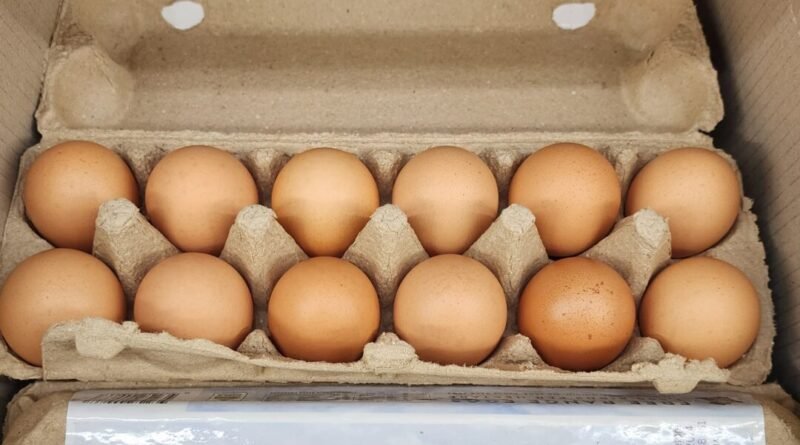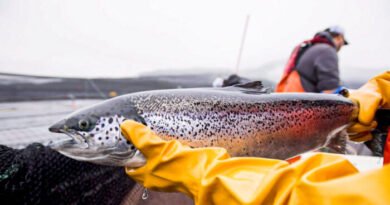Food Safety Regulator: Bird Flu is Not a Concern for Food Safety
There is no evidence showing the virus can be transmitted via properly cooked chicken and eggs, according to Food Standards Australia New Zealand.
The bird flu is not a food safety concern and it is fine to eat properly cooked chicken, eggs, and egg products according to Australia’s food safety regulator.
Food Standards Australia New Zealand (FSANZ) said there is no evidence showing the virus can be transmitted via food that is properly prepared and handled.
The reassurance comes after highly pathogenic H7N3 strain bird flu was detected at several Victorian properties, leading to the culling of birds.
FSANZ chief executive officer Dr. Sandra Cuthbert said Australia’s world-class biosecurity and food regulation systems ensure the safety of the food supply.
“Farms affected by bird flu have been quarantined and the movement of animals and products restricted,” she said.
“Poultry flocks affected by bird flu are being destroyed as part of the emergency response to contain the disease as it is highly contagious in poultry.”
She added this approach is to restrict the spread of the disease between birds, not to manage food safety.
“For animal products to be sold as food, animals must not be a source of food safety concerns. All retail products must meet strict food safety production requirements,” she said.
“Together, biosecurity and food regulation measures provide confidence in the safety of the food supply.”
However, she added it is always important to ensure proper storage, handling, and preparation of food to reduce food safety risks.
Supermarkets Working To Maintain Egg Supply
Coles recently implemented a temporary limit of two egg cartons per customer in response to the bird flu, citing a shortage of egg supply.
In an email provided to The Epoch Times, a Coles spokesperson said the supermarket was working closely with all of their suppliers to ensure eggs remain available for customers while providing support to the industry at the same time.
Meanwhile, The Epoch Times understands the impact of the bird flu situation in Victoria has been relatively minimal for Woolworths. The supermarket chain is not currently seeing any reasons for concern from its suppliers.
Agriculture Victoria also advises consumers they do not need to be concerned about eggs and other poultry products.
“They do not pose a risk and are safe to consume. Victoria has a secure supply chain including the importation of eggs from interstate, so the current outbreak has not significantly affected supplies,” the government agency said.
Avian Influenza Detected at 7th Farm
Avian influenza has now been detected at a seventh Victorian farm. It was already placed in quarantine.
Testing affirmed the high pathogenicity H7N3 strain has been discovered at another commercial egg farm in the Golden Plains Shire.
Movement restrictions were already in place at the property. All poultry at this property will now be disposed of under veterinary supervision.
“Movement restrictions are expected to be in place for several weeks, and we’re working with industry to support poultry farmers with the logistical challenges they’re facing,” Victoria chief veterinary officer Graeme Cooke said.
“We’re continuing to work with affected producers and the poultry industry to respond to these detections through ongoing testing and careful biosecurity practices.”
Agriculture Minister Murray Watt recently revealed one million egg-laying hens in Australia either have been euthanised, or are in the process of being euthanised.
“Unfortunately for the hens involved in this, they do need to be euthanised as a way of making sure that the virus doesn’t spread more rapidly,” he said.
“We do need to act quickly and carefully, but people can be confident that we’ve got this in hand.”
How is Bird Flu Caused?
Bird flu is caused by a variety of influenza type A viruses that usually infect birds, according to Murdoch University Professor of Viral Immunology Cassandra Berry.
Some of these influenza types are highly pathogenic, known as high pathogenicity avian influenza (HPAI), while others are low.
“This cleavage determination then allows the virus to infect cells of different tissues and organs in the body. So if the virus HA is more easily cleaved by proteases, it will be more pathogenic.”




